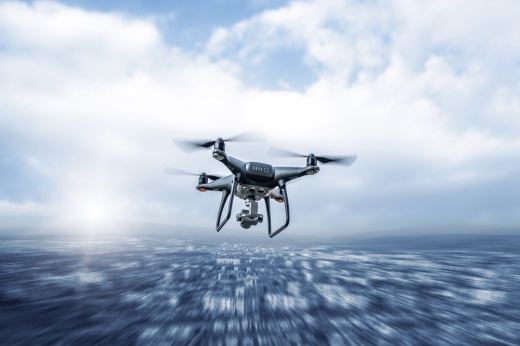According to a city press release, two areas of Fort Worth that were already well-known as clusters of innovation in the city’s target industries—the Fort Worth Medical Innovation District and the Fort Worth Mobility Innovation Zone—were also formally designated as innovation zones.
Innovation districts are specific geographic areas where, according to the press release, clusters of companies and anchor institutions can connect with start-ups, business incubators, and accelerators and producers of marketable intellectual property, and are typically defined by the following characteristics:
- Organizations within the district tend to focus on a specific industry or set of interrelated industries.
- The district itself is focused on interconnectivity by being—or becoming—walkable and transit-accessible, and offering supporting mixed-use housing, office and retail to create a true “live, work and play” environment.
- The district is defined by clear and specific boundaries that include key anchor institutions, such as a university or research hospital, and related businesses that distinguish the area from its surrounding neighborhood.
- Fort Worth’s innovation districts must be fully located within the city limits or its extraterritorial jurisdiction.
The boundaries of the Fort Worth Medical Innovation District includes I-30 and Vickery Boulevard to the north; Allen Street and West Arlington Avenue to the south; east across I-35W to Kentucky and Evans avenues; and west to the Fort Worth & Western Railroad.
The district includes Texas Christian University’s new Anne Marion Burnett School of Medicine, UT Southwestern’s academic medical center, biotech incubator TechFW, Fort Worth’s major hospitals and dozens of independent clinics.
The press release stated the Fort Worth Medical Innovation District will also include several nodes of innovation outside of the district’s boundaries, including the campuses of Texas A&M School of Law, University of North Texas Health Science Center and The University of Texas at Arlington's Research Institute.
According to the press release, the Fort Worth Mobility Innovation Zone is anchored by Alliance Airport and Alliance Intermodal Facility, and continues north along I-35W near Texas Motor Speedway. It includes the AllianceTexas Mobility Innovation Zone—an area that allows for the testing, scaling and commercialization of new technologies in surface and air mobility, along with supporting resources and partnerships.
The MIZ’s unmanned aerial system proving grounds were the testing site for Alphabet’s Wing drone delivery service, according to the press release. The MIZ is home several autonomous trucking operations and logistics companies, including Clevon, an Estonian-based company that develops self-driving robot couriers, that opened in its U.S. headquarters in Fort Worth in late 2022.





